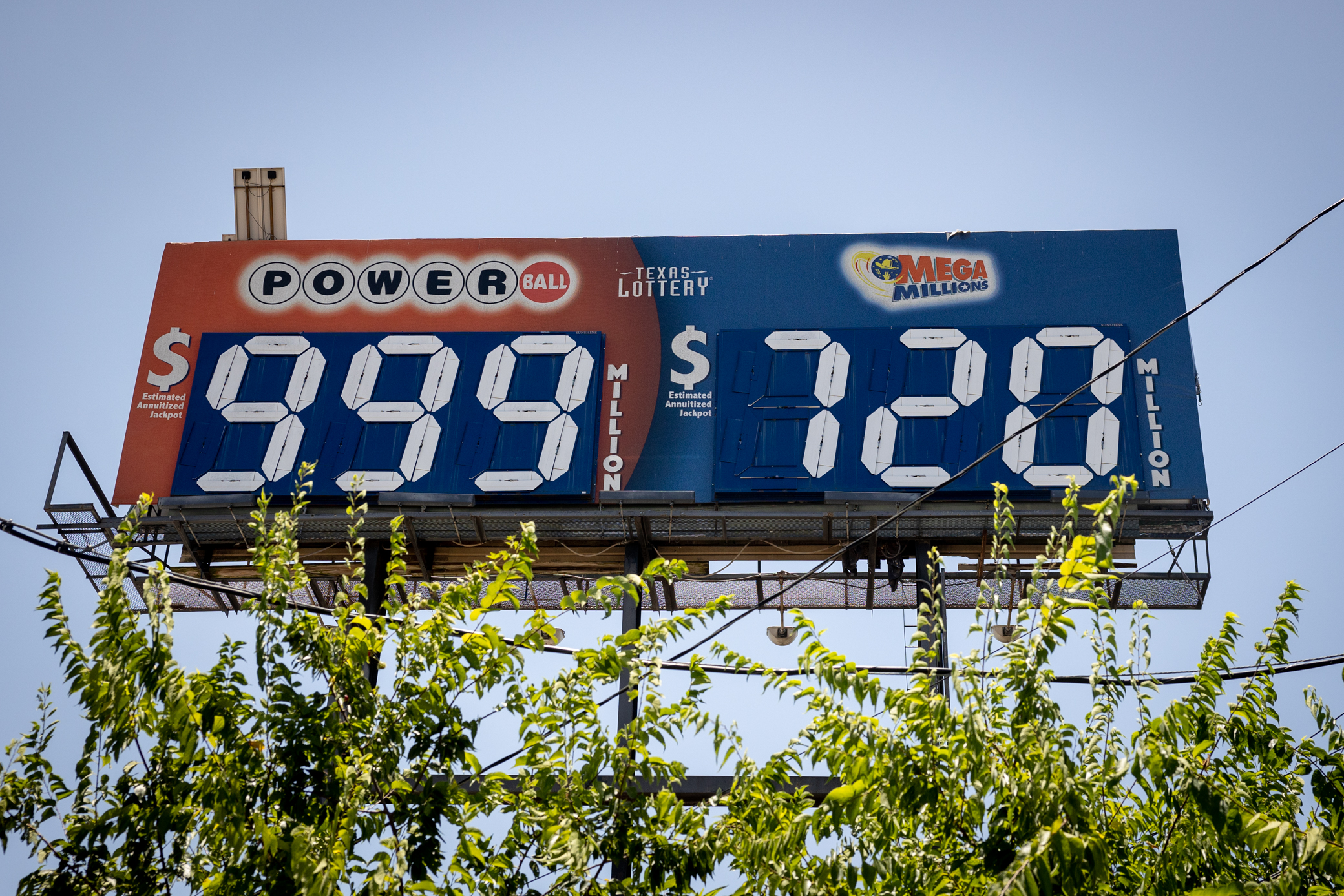Texas state law has prohibited the sale of lottery tickets by phone since the 1990s, but new technologies are leading some lawmakers to call for a new interpretation of this rule.
Mobile apps that allow third party companies to buy tickets on behalf of Texas Lottery players and deliver them digitally saw a surge in popularity last year.
Last April, a $95 million winning ticket came from a Colleyville store that fulfills orders placed with a courier app in addition to serving customers in person. That win put lawmakers and lottery app operators at odds over the legality of phone-based courier services.
Lottery officials maintain that these services aren’t in their power to regulate.
Bob Garrett wrote about the ongoing debate for the Dallas Morning News, where he’s Austin bureau chief, and joined Texas Standard to discuss. Listen to the interview above or read the transcript below.
This transcript has been edited lightly for clarity:
Texas Standard: Tell us about last April’s winning ticket. Why did it stir up so much controversy again?
Bob Garrett: You know, because $11 million of tickets were sold at a sort of nondescript retail mall, not a convenience store, just a few days before the winning prize was awarded. This drew a lot of attention because there’s group purchasing going on. The lottery acknowledges that.
They say the winning ticket was not with one of these courier services assisting a phone app to buy lottery tickets. But the whole thing had been generating some heat in the Texas Senate, where the leading budget writer had said when they did the budget, “we want the lottery commission to knock it off,” basically meaning they need to crack down on this.
Gov. Abbott took a really weird position in June, not vetoing language in the budget that would have prevented these phone app sales, but saying that the provision was unconstitutionally trying to make a general law on the budget, which you can’t do.
At any rate, the lottery commission in August then said, “We don’t have clear signals, so we’re going to do nothing. We’re powerless.”
But I mean, the lottery commission presumably is not powerless when it comes to telephone sales. I mean, that’s been on the books for a while. What makes this, at least from a practical standpoint, any different?
I’m not sure. You know, the lottery began before the internet and the phone ban would seem to be a statement of intent that these be purchased in person at brick-and-mortar locations. We are obviously dodging that. You see in newspaper, radio, social media ads, you can get on these different apps: Jackpocket, Jackpot, theLotter, so on.
One thing that has happened that I discovered that may help shed some light on this, is that these phone apps have been hiring some really well-placed lobbyists at the Capitol. Two people connected to Lt. Gov. Dan Patrick, for instance, are with Jackpocket, as is former Texas Secretary of State David Whitley.
Jackpot – the sports teams, including the Dallas Cowboys, have invested. They’ve got some big, big high-powered lobbyists and partners. TheLotter is another one, and it has the former chief of staff to the former speaker, Dennis Bonnen.
So I think this may help shed some light on how there is no clear line of authority and no incentive, apparently, by the lottery commission to curb these sales because after all, they add to the total sales.
Why does the state want to curb sales in the first place? I would have thought that it would have been in the state’s interest, perhaps, to generate excitement around lottery sales no matter how you get it.
Well, most of the resistance to this was coming from the Texas Senate, which is closer to the sort of Christian conservative base of the Texas Republican Party. Their argument is that making it easier to bet will lead to more compulsive gambling. And I think that’s basically the gist of it.
But, you know, we live in this sort of mythical world where people think the lottery pays for a lot of public schools. But really, it really only pays for about 5 days of a 180-day school year.
Bob, what’s your sense on where this all is headed?
Well, it’s going to be punted to the 2025 Legislature. The lottery commission is one of the state agencies under Sunset Review, and they’ve said this should be decided by the Legislature. The lottery commission has said we need guidance on it. So I don’t think we’ll see anything until next year at the earliest.













